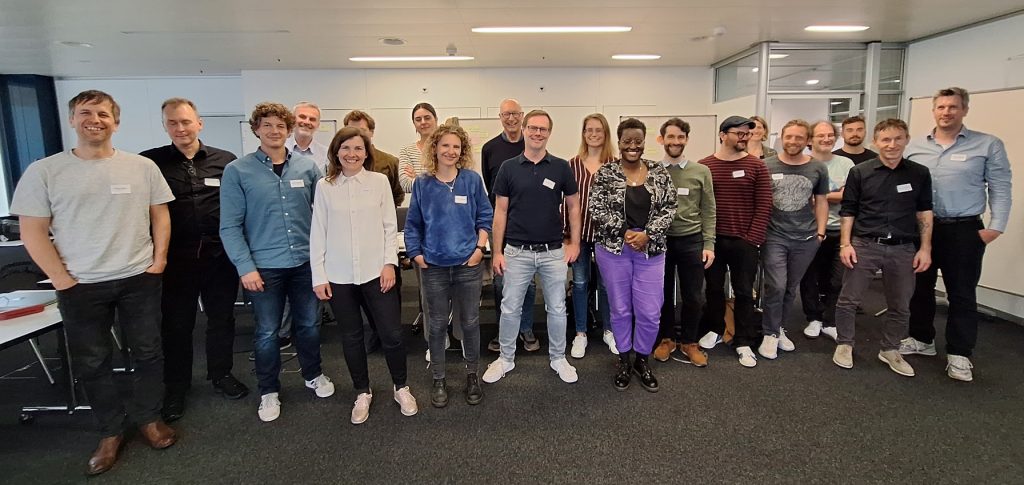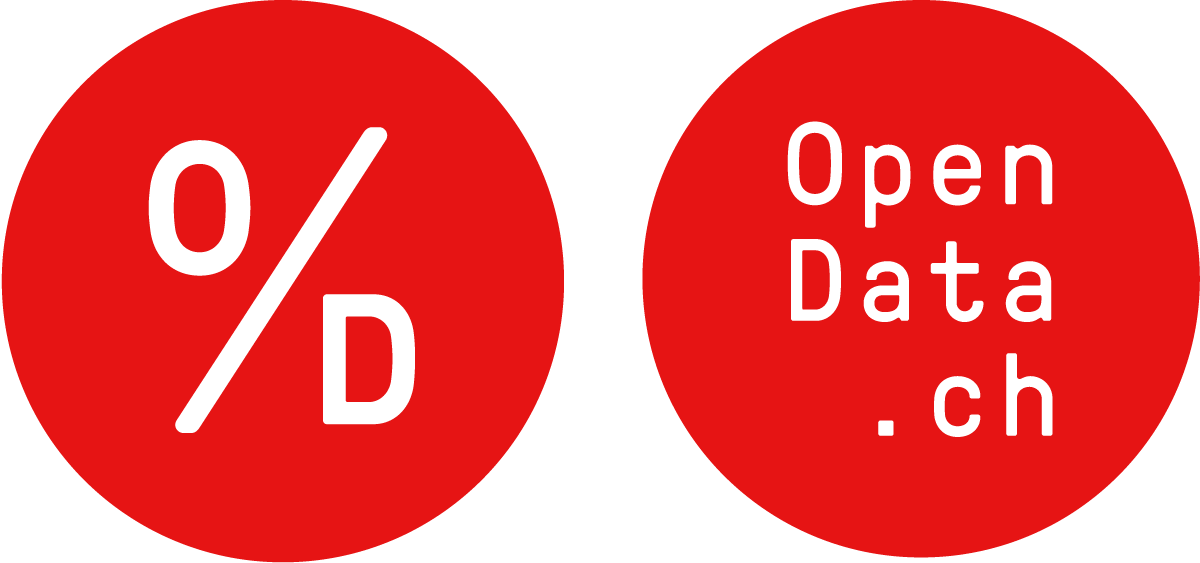Cultural Agendas Committed to Open Data
- Event Data
- GLAM
- Tourism
At this year’s Workshop Day of the Cultural Agendas in Switzerland, the participants reiterated their commitment to opening up their event data and to implementing the “Once Only” Principle. At the gathering, hosted by the Bern University of Applied Sciences, representatives of cultural agendas and partner organizations tackled the practical challenges related to the implementation of Open Event Data (see also our earlier blogpost on OED Monitoring).

Events are at the core of public life. Timely provision of accurate information about upcoming events to potential target audiences plays a key role in bringing people together for purposeful activities. One of the key challenges of event organizers is that the same information has to be entered on several platforms to reach the relevant audiences. To facilitate their lives, the providers of cultural agendas in Switzerland have decided to implement the “Once Only” principle: In the future, event organizers will have to enter their information only on one platform; the data will then be disseminated among the network and will be available for download by third parties.
While there is little doubt about the direction of the intended transition, the workshop has highlighted that a series of practical challenges needs to be addressed before switching to the new modus operandi:
- Showcase implementations for Principles 1-3 of the OED Manifesto will be provided to facilitate their adoption across platforms.
- Workshop participants will further coordinate over the coming months to tackle the challenge of duplicate entries and to implement the Principles 4-5 of the OED Manifesto.
- A joint communication strategy will be developed in view of the communication vis-à-vis event organizers.
As to the technical challenges and coordination tasks ahead, the workshop has produced the following shortlist:
- use schema.org as a vocabulary for naming and interlinking data fields;
- provide permanent, unique identifiers for each event and other core entities of the event data model;
- harmonize/map the controlled vocabularies for category trees, event types, target groups, and event status;
- indicate the data sources;
- avoid the dissemination of duplicate entries by clearly identifying the master data set;
- provide accessibility information about event locations.
A detailed account of the workshop results can be found in the minutes.
